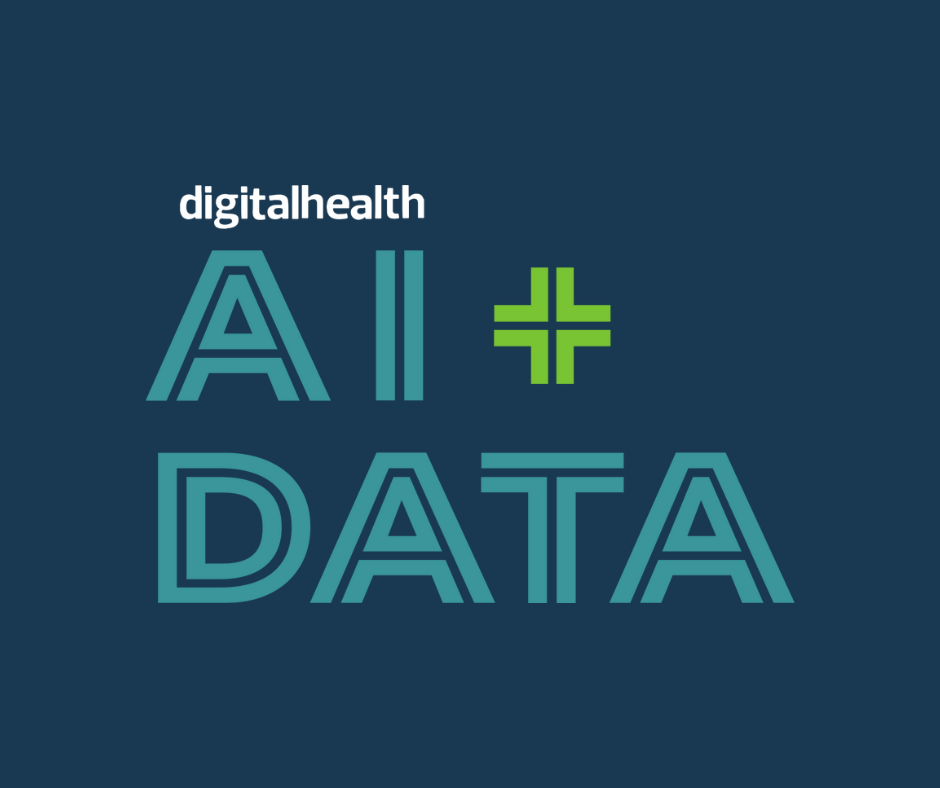Digital Health AI & Data 2023
The inaugural Digital Health AI & Data conference marked an exceptional gathering of intellect and innovation. The event, which took place in from 30-31 October, attracted over a thousand participants and 14 exhibitors for a comprehensive two-day delve into the future of digital health.

As the PR partner for this key health tech event, we fully engaged with a variety of sector professionals, tapping into the dynamic energy and exchange of ideas. With an impressive 75:1 delegate to supplier ratio, the event facilitated meaningful conversations and networking opportunities. The audience was remarkably varied, with 70% being newcomers, highlighting AI & Data’s extensive appeal and significance in the digital health sector.
The event emphasised the critical role of patients, data, and workforce in the digital health landscape. It featured a stellar line-up of keynote speakers including our Silver Buccaneers Dominic Cushnan, NHS England Director of AI – and Hassan Chaudhury, Commercial Director, DATA-CAN; Dr Raghib Ali OBE, CEO of Our Future Health UK; and Dr Richard Scott, CEO of Genomics England. Our very own Account Director, Natalie Chishick, also moderated a session spotlighting successful case studies highlighting how data drives healthcare innovation.
A real person behind every piece of data
Ming Tang, NHS England’s Chief Data and Analytics Officer, focused on the importance of practical application of data during the discussion around the NHS’ Data Saves Lives Strategy: “Value is not derived from merely viewing dashboards of data, but rather from specific use cases and problem-solving, utilising these use cases for informed decision-making.” This perspective served as a powerful reminder that there is a real person behind every piece of data and the need to progress beyond simple consent, advocating for complete transparency in the use of patient data. Establishing public trust emerged as a crucial theme, necessitating evidence-based practices to build credibility and mitigate the negative effects of AI hype fuelled by baseless claims.
Dr Richard Scott of Genomics England discussed the transformative potential of AI in diagnostics, emphasising seamless integration with genomics for enhanced medical research, personalised medicine, and disease understanding. Whereas Dr Katherine Halliday, President of the Royal College of Radiologists, stressed the role of regulation in safe AI deployment in diagnostics, supporting the AI Lab’s initiatives, and highlighting the AI Diagnostic Fund and AI Imaging Registry.
The elephant in the room
The event didn’t shy away from contentious topics, with the Federated Data Platform (FDP) taking centre stage as a particularly thorny issue. In her keynote ‘Where Next on Data and Analytics?’ Ming Tang led a discussion on the complexities surrounding data and trust, the ownership of intellectual property, and erroneous parallels drawn with other data initiatives. Strategies like early value assessment by NICE and the necessity of a human-centric approach in AI tool design were explored. With Tang committing to increased apprenticeships and training within the NHS for better data utilisation, while discussions also focused on developing specialised training and incorporating AI literacy into medical curricula. Ultimately, these collective efforts aim to empower the workforce, reduce clinical workload, and enhance patient care.
In sessions like ‘Unlocking the Future of AI in the NHS,’ led by Dominic Cushnan, the need for a more nuanced approach to data sharing in primary care was underscored, suggesting a move from simple data flows to thoughtful data collection. The dialogue reinforced the need to foster robust relationships at the Integrated Care System level to encourage data sharing.
These sessions, among others, stirred conversations about how to move forward with AI in healthcare, while maintaining public trust and ensuring ethical practices. I felt that the event’s willingness to delve into such debates helped highlight its role as a forum for transparent discussion on the future of healthcare technology.
Keeping up the momentum
The recent influx of funding into the sector, highlighted by the £21 million boost to NHS trusts and the groundbreaking £100 million for life sciences and healthcare, was a timely reminder of the pivotal role of AI in healthcare. This surge of enthusiasm and commitment is not slowing down; it’s charging straight into this week’s AI summit, where the promise of further digital health innovations awaits. As this year’s event concludes, we take with us the valuable insights, strengthened connections, and renewed inspiration from two days of transformative discussions, all of which sets the stage for an even more impactful gathering next year.
Interested in additional industry insights from Silver Buck? Visit the news section on our website for more!